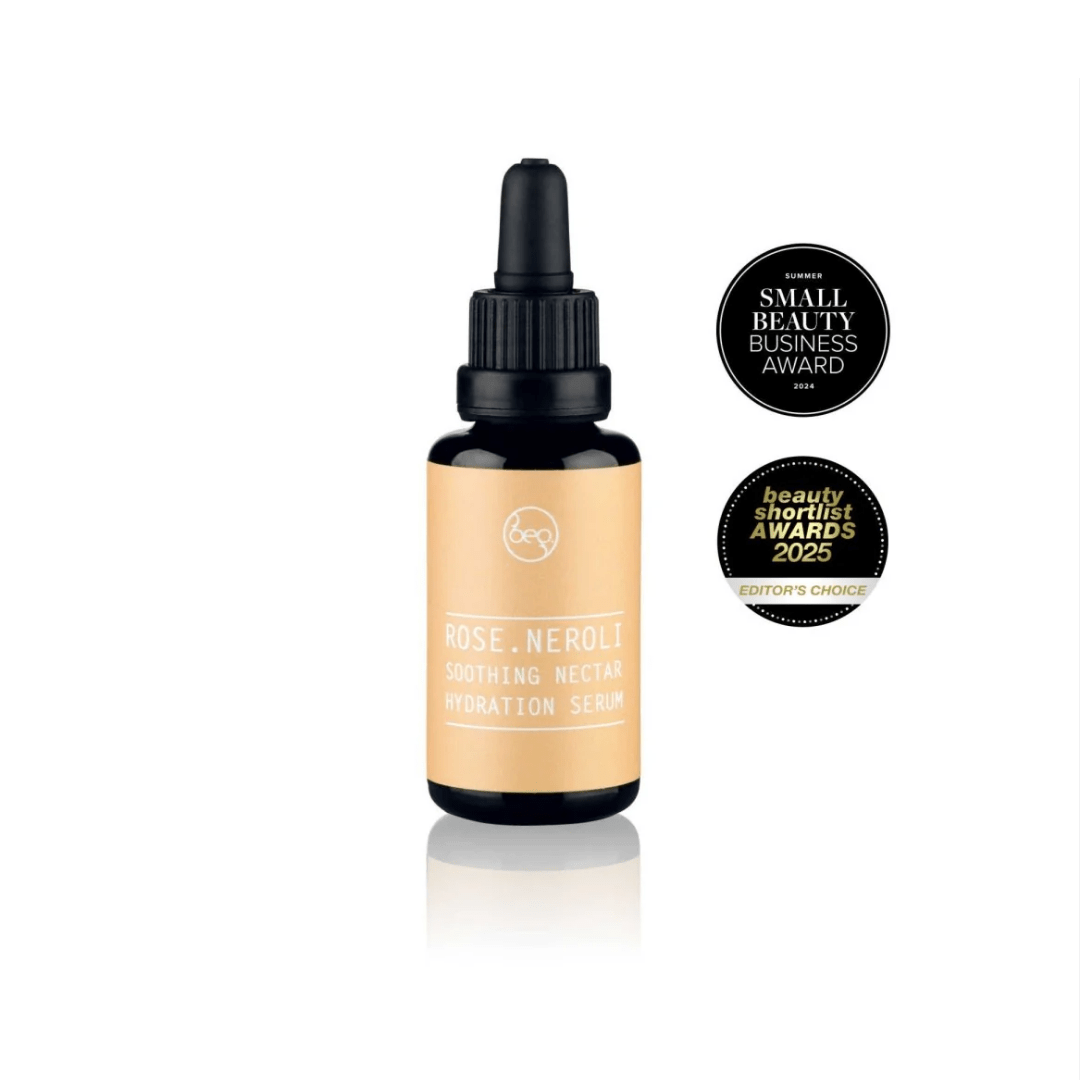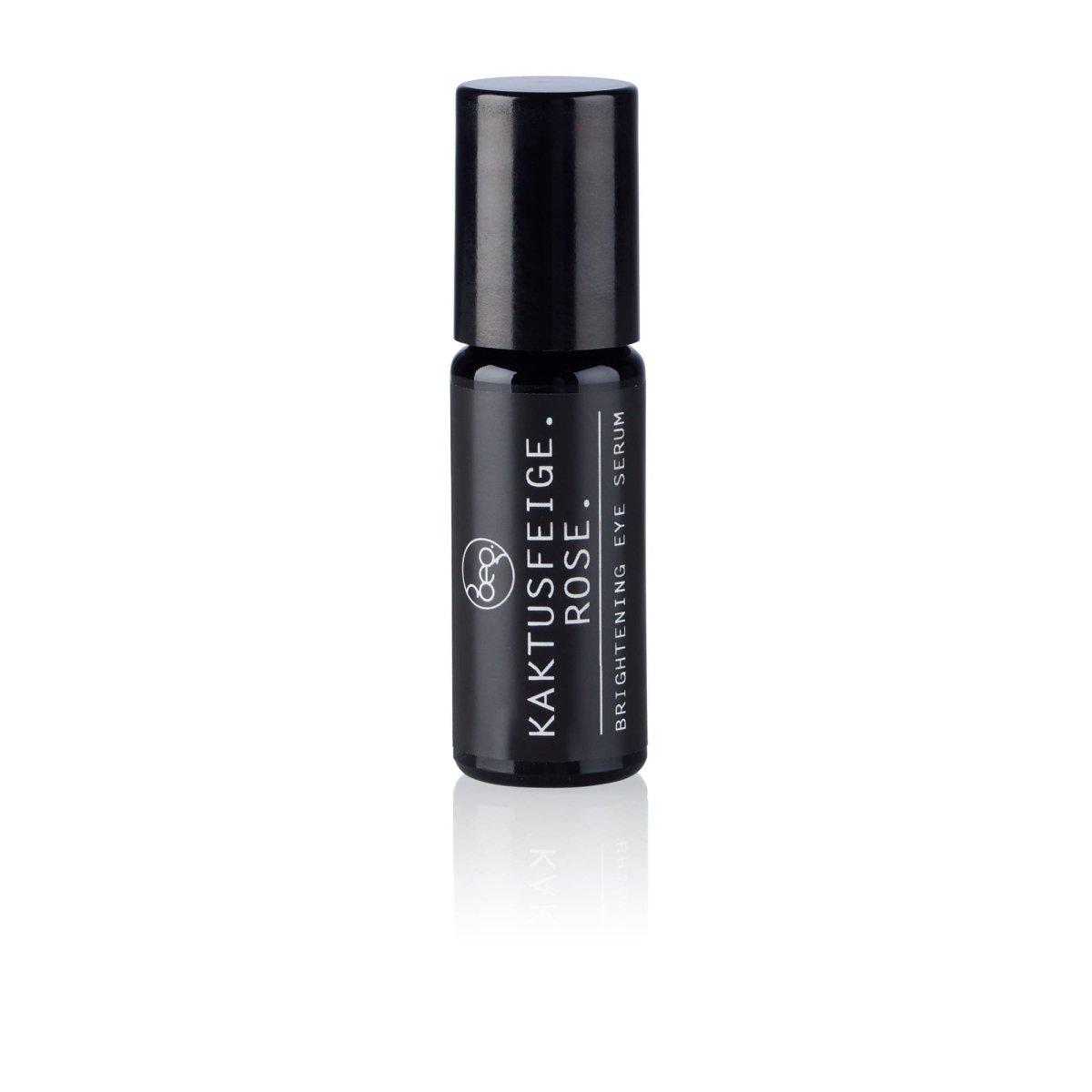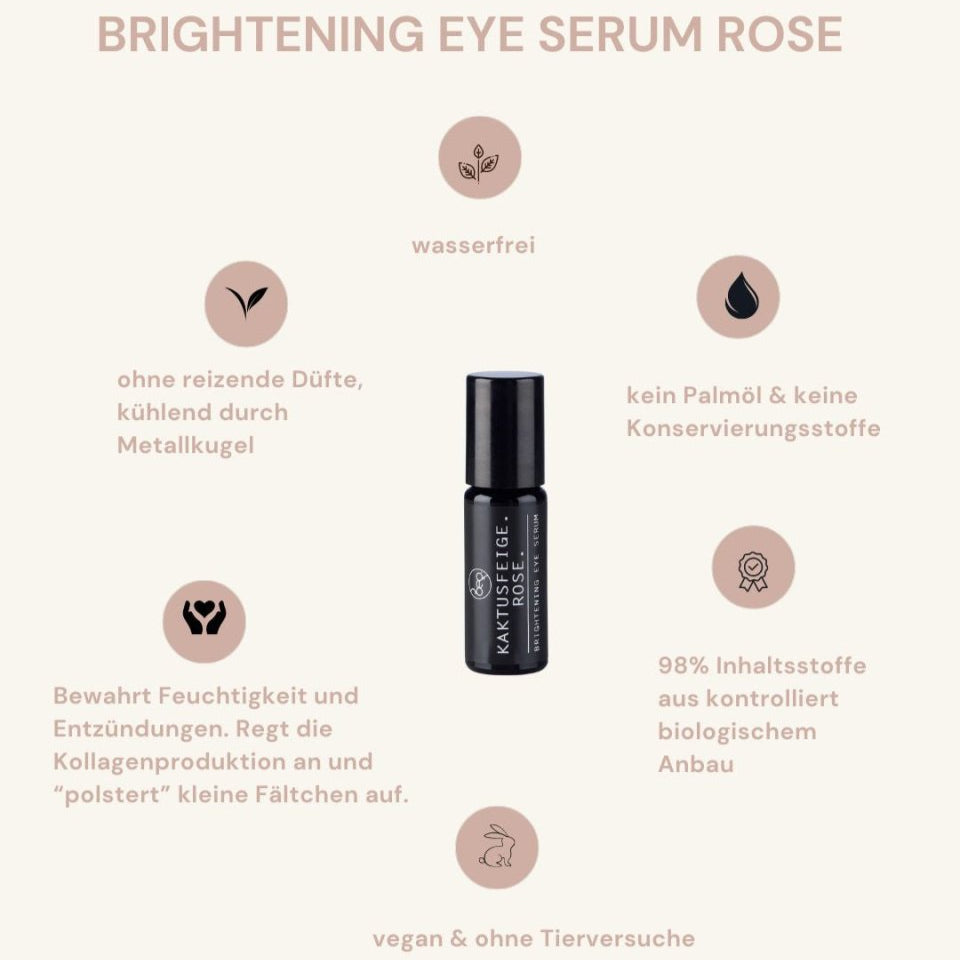Filters
Dehydrated skin lacks moisture from within, i.e. when you do not drink enough or the skin's moisture balance is out of balance.
Dehydrated skin produces enough of its own oil, but due to a damaged barrier layer, it cannot be retained in the skin and evaporates more quickly.
The causes of dehydrated skin
Factors such as environmental influences (wind, sun), dry indoor air, incorrect care products (or over-care), alcohol/caffeine consumption, hormones and stress can affect our skin.
How to recognize dehydrated skin
- Despite using creams, the skin doesn't feel smooth.
- Feeling of tension immediately after washing and care.
- The skin absorbs moisturizer very quickly.
- The skin is pale and dull.
- Visible fine wrinkles and lines.
- The lips are often dry.
- Dehydrated skin can also be prone to visible blemishes.
More tips
1. Gentle cleansing: Avoid highly foaming surfactants, as these dry out the skin. Avoid using cleansers multiple times a day.
2. Avoid drying alcohols: Avoid skincare products with alcohol as the second or third ingredient in the INCI list of ingredients, such as spirits of wine, alcohol denat., or ethanol. These make the skin's barrier layer permeable, allowing moisture to escape.
3. Moisturizing mask: Treat yourself once a week to a moisturizing mask made with 1 tablespoon of yogurt, 1/2 avocado, 1 tablespoon of clay, and 5 drops of oil. It hydrates and promotes radiant skin. It's important to remove the mask while it's still slightly damp and not let it dry completely.
4. Dietary supplements: Omega fatty acids (such as those found in flaxseed and fish oil) can help with dehydrated skin. Realistically, the first effects on the skin will be noticeable after 3-4 months.



















